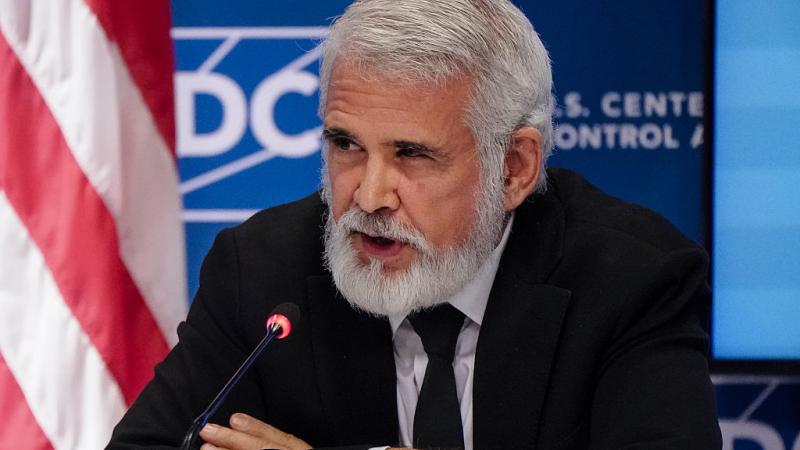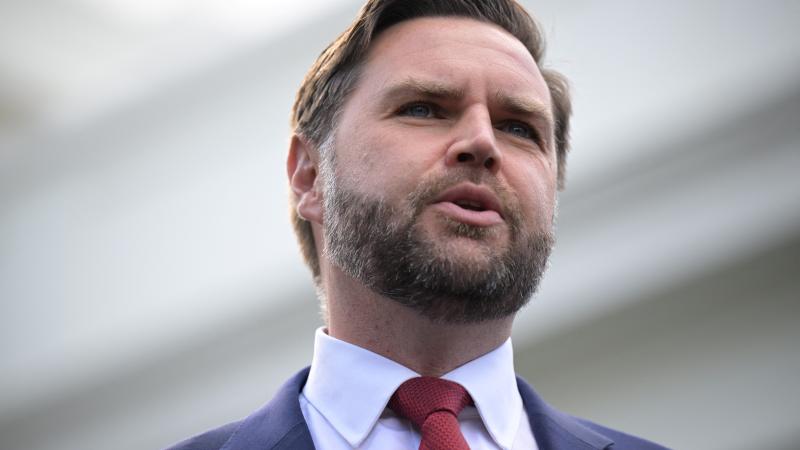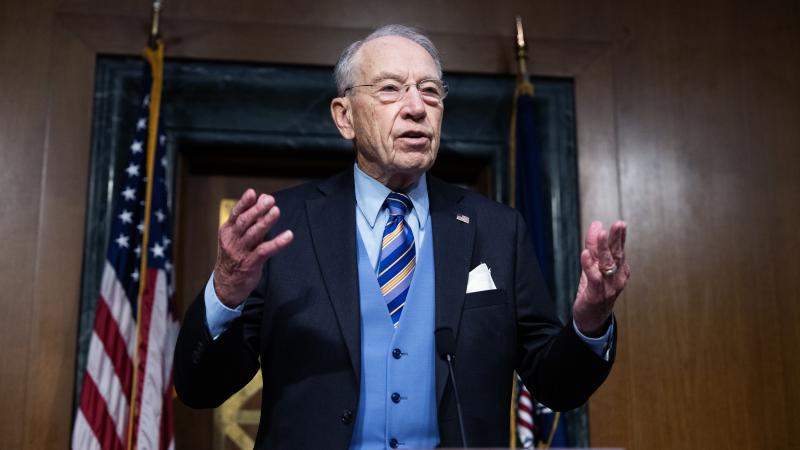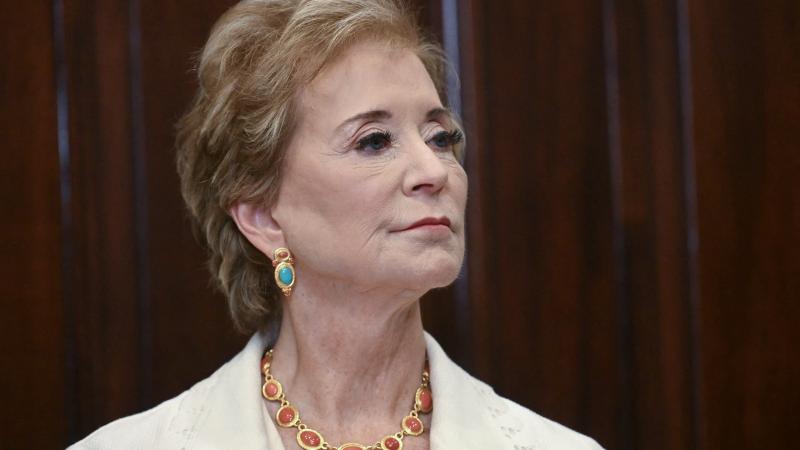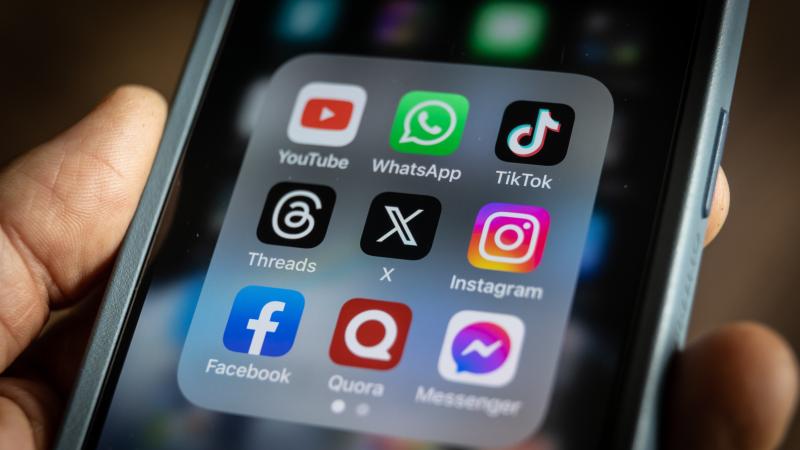Supreme Court allows Mississippi to continue to enforce age verification to be on social media
Under the law, minors must have express consent from a parent or guardian to use platforms, and websites covered under the law must strive to eliminate their exposure to harmful material, or face a $10,000 fine
The Supreme Court on Thursday declined an emergency request from Big Tech for the high court to block a Mississippi law requiring Internet users to first provide proof they are at least 18 years old.
The request was made by the tech industry group NetChoice and challenged such laws passed in Mississippi and in other states.
The high court had been asked to keep the law on hold while a lawsuit plays out.
In the brief written by Justice Brett Kavanaugh, which did not show how the other nine justices voted, he said NetChoice could eventually succeed in showing that the law is in fact unconstitutional but that he nevertheless agreed with the court’s decision because the tech group had not shown it would suffer legal harm if the measure went into effect as the lawsuit unfolded, according to the Associated Press.
“In short, under this Court’s case law as it currently stands, the Mississippi law is likely unconstitutional,” Kavanaugh’s brief opinion reads. “Nonetheless, because NetChoice has not sufficiently demonstrated that the balance of harms and equities favors it at this time, I concur in the Court’s denial of the application for interim relief."
NetChoice asked for the court's intervention after the Fifth Circuit Court of Appeals lifted a district judge’s decision protecting the platforms from the 2024 law without explanation.
“Neither NetChoice nor this Court can know why the Fifth Circuit believed this law satisfies the First Amendment’s stringent demands or deviated from the seven other decisions enjoining similar laws,” NetChoice wrote in its request, arguing it would face “immediate, irreparable” injury should the law be allowed to go into effect.
NetChoice also claimed that the law upended Mississippi citizens’ right to access protected speech across social media.
The Mississippi law creates requirements for social media companies to confirm their users’ ages. Minors must have express consent from a parent or guardian to use platforms, and websites covered under the law must strive to eliminate their exposure to harmful material, or face a $10,000 fine.
U.S. District Judge Halil Suleyman Ozerden had found the law unconstitutional as applied to NetChoice members YouTube, X, Snapchat, Reddit, Pinterest, Nextdoor, Dreamwidth, and Meta.
Mississippi argued that the law targets predators by imposing “modest duties” on the platforms, urging the Supreme Court to reject NetChoice's application.
“NetChoice satisfies none of the vacatur criteria,” the state wrote. “It has not shown that the stay order is demonstrably wrong, that this Court would likely review a Fifth Circuit decision rejecting the injunction, or that the equities support its extraordinary request.”





